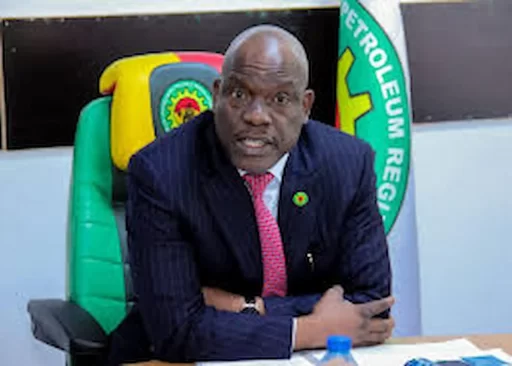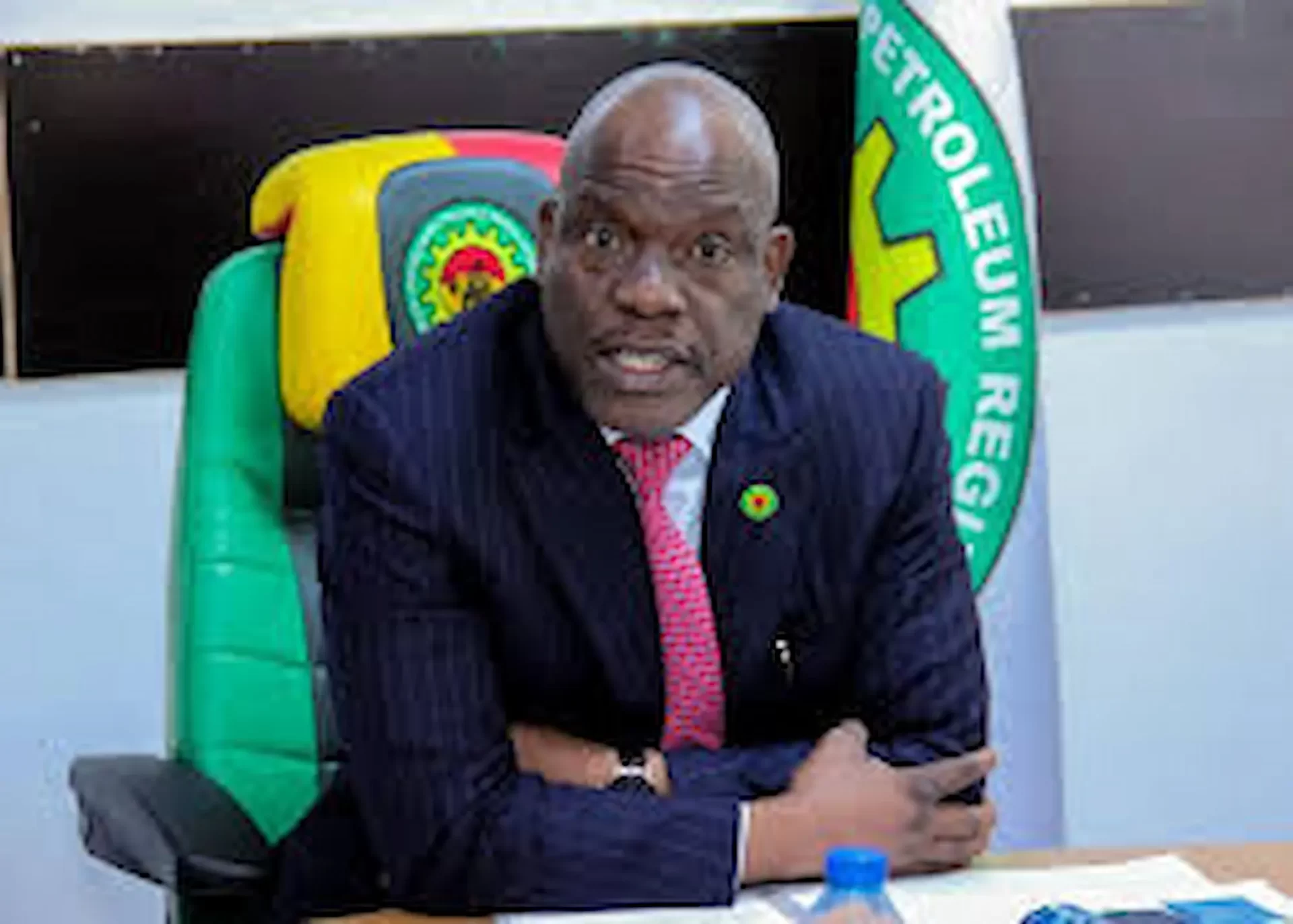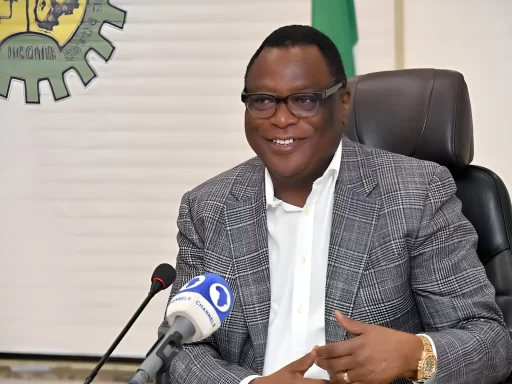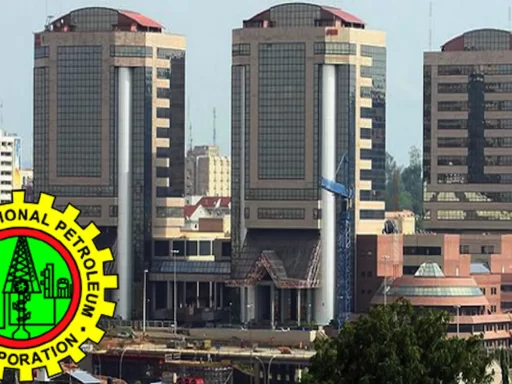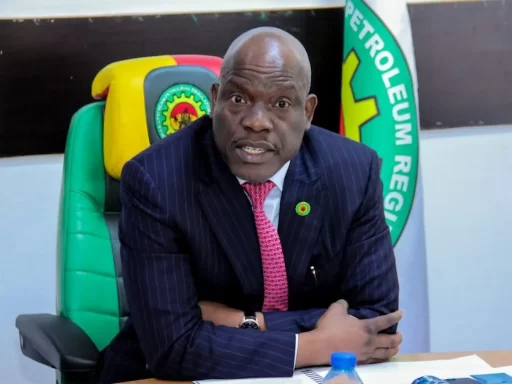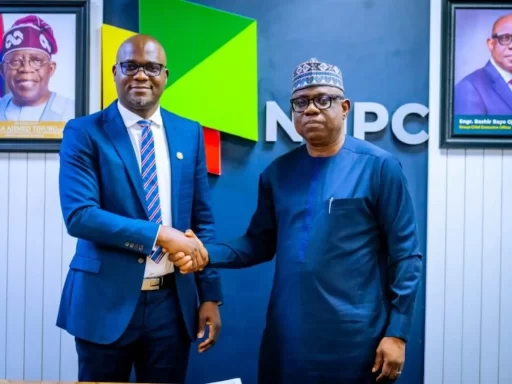World Bank Partners NUPRC to Support Nigerian Oil Firms in Cutting Methane Emissions
By Naija Enquirer Staff
The World Bank Group has partnered with the Nigerian Upstream Petroleum Regulatory Commission (NUPRC) to strengthen Nigeria’s decarbonisation efforts by helping oil and gas operators significantly reduce methane emissions in their operations.
The collaboration aims to deepen industry capacity in methane abatement and emissions management as part of ongoing efforts to curb greenhouse gas emissions in the upstream sector.
Capacity Building Workshop in Abuja
The NUPRC confirmed the partnership during a three-day Measurement, Monitoring, Reporting, and Verification (MMRV) Capacity Building Programme organised jointly with the World Bank Group in Abuja.
The workshop drew over 70 participants, including representatives from the Nigerian National Petroleum Company Limited (NNPCL), international oil companies, indigenous operators, and independent producers.
Strengthening Technical and Regulatory Frameworks
The programme was designed to enhance Nigeria’s technical and regulatory capacity for accurate emissions monitoring, reporting, and management within the upstream oil and gas sector.
“Methane emissions account for a major share of Nigeria’s upstream greenhouse gas footprint, mainly from flaring, venting, and fugitive sources,” said Engr. Enorense Amadasu, Executive Commissioner, Development and Production, speaking on behalf of the Commission Chief Executive.
Engineer Joseph Ogunsola, Director of Energy Sustainability and Carbon Management at NUPRC, reaffirmed the Commission’s commitment to aligning upstream operations with international best practices in emissions management and carbon monetisation.
“We are building robust systems to ensure operators adopt credible and verifiable emissions data reporting in line with international climate accountability frameworks,” Ogunsola said.
Positioning Nigeria for the Global Energy Transition
Officials said the partnership with the World Bank and other multilateral institutions represents a significant step toward positioning Nigeria’s oil and gas industry as a responsible and competitive player in the global energy transition landscape.
The initiative underscores the need for accurate measurement, stronger regulatory oversight, and practical support to help operators reduce methane and other greenhouse gas emissions across upstream operations.


